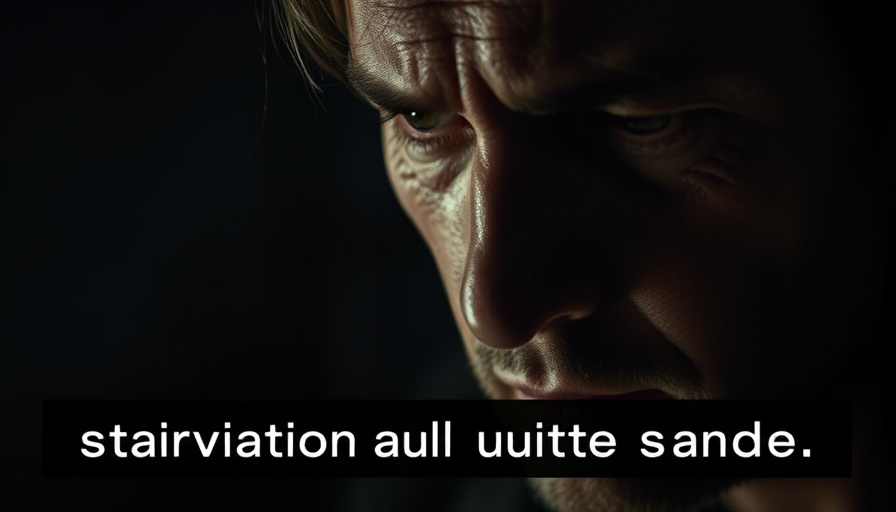
The Dark Reality Behind Religious Extremism in Kenya
In a disturbing turn of events, authorities in Kenya are grappling with the fallout from the Malchio St. Joseph Mission of Messiah in Africa church. Recently, police discovered the bodies of two individuals buried on church grounds and rescued 57 followers reportedly suffering from starvation. This incident harkens back to similar tragedies, including a notorious case two years ago where over 400 individuals died under the influence of a zealot preacher, Paul McKenzie, who seduced his followers into believing that fasting would lead them to a divine paradise.
The video Fears in Kenya as church accused of encouraging starvation among followers presents a harrowing insight into religious extremism, prompting us to consider the complexities surrounding faith and well-being.
Faith vs. Modern Medicine: A Deadly Misconception
Many followers of the church live on the premises, rejecting modern medical treatment in favor of spiritual guidance. Reports emphasize that some individuals rescued by police have outright refused medical assistance, showcasing a grave disconnection between faith and care. This mindset reflects not only a religious fervor but also a broader issue of how misinformation can lead people to neglect essential health and well-being.
Bringing Accountability to Religious Institutions
These incidents raise pressing questions about the powers granted to religious leaders. When belief morphs into manipulation, it is essential for the Kenyan government, and the global community, to scrutinize these organizations critically. What measures are being put in place to prevent the exploitation of vulnerable believers? To ignore these pressing issues perpetuates a cycle of tragedy driven by blind faith and a disregard for life.
Cultivating Healthy Dialogue on Religion and Health
As citizens and followers of faith, we must advocate for open discussions surrounding the intersection of religion and healthcare. How can we ensure that faith complements health rather than endangers it? Engaging communities in dialogue where both modern medicine and spiritual beliefs are respected can promote healthier and safer environments. It is imperative to educate religious communities on the importance of balancing spiritual health with physical well-being.
In conclusion, the harrowing events at the Malchio St. Joseph Mission demand a serious reassessment of how faith can be exercised responsibly. We must prioritize both accountability and the well-being of individuals, ensuring no one is left vulnerable to extreme ideologies.
 Add Row
Add Row  Add
Add 




Write A Comment